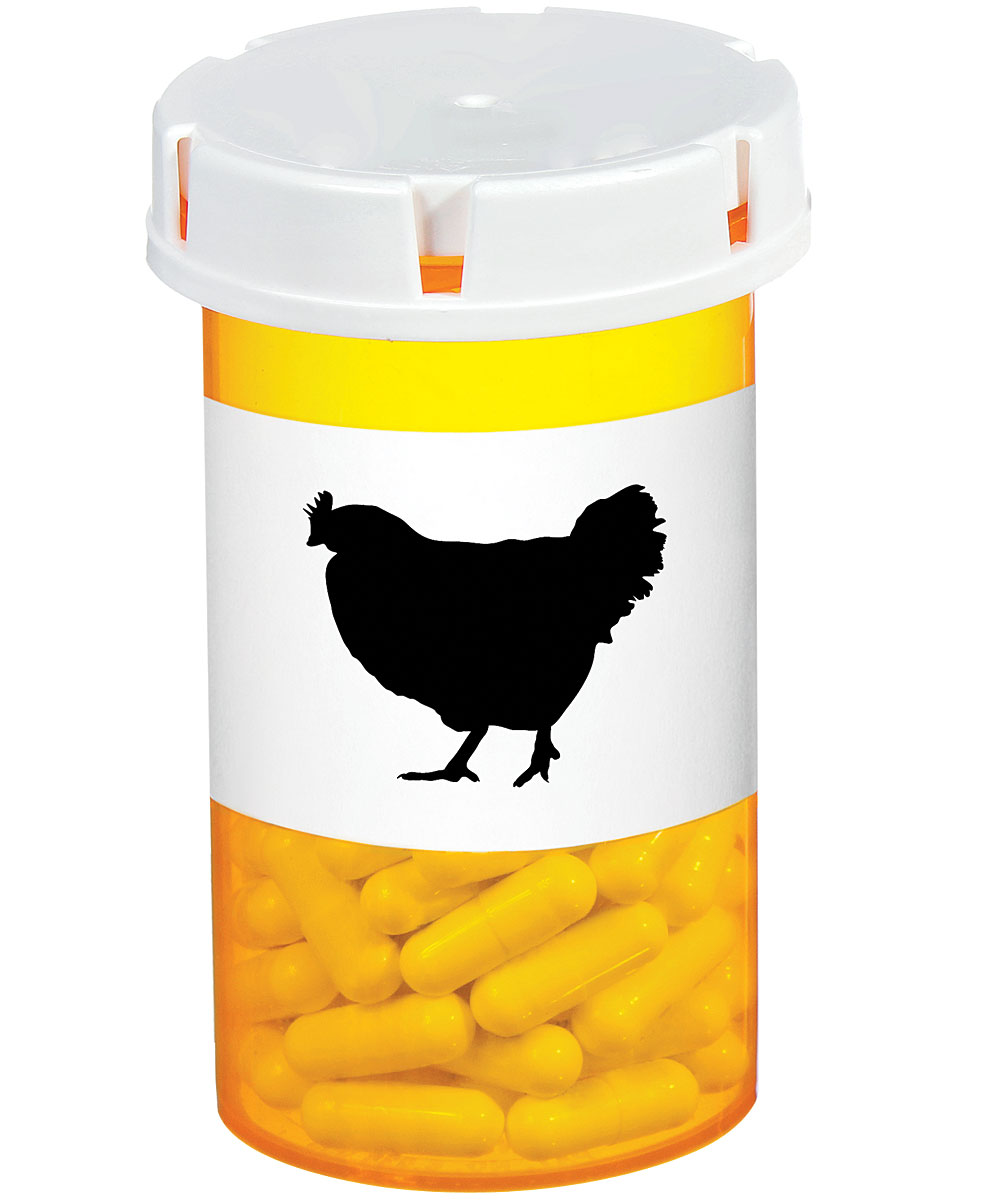While Ebola panic sweeps the nation, a far more prevalent public health problem has many experts more concerned. Antibiotic-resistant bacteria are killing at least 23,000 Americans a year, estimate the Centers for Disease Control and Prevention. That threat led President Obama in September to declare the superbugs a national security priority. And one of the possible forces behind the rising danger is headquartered in suburban Park Ridge: Koch Foods (not owned by the conservative Koch brothers), which claims to be the fourth-largest chicken producer in the nation, with an estimated $2.8 billion in annual sales.
Yes, resistance to antibiotics is caused partly by doctors overprescribing them. But the other piece of the problem is antibiotic use in the food industry. A whopping 80 percent of all antibiotics sold in the United States are consumed by livestock. In September, an explosive report from Reuters revealed that five major poultry producers, including Koch Foods, Tyson Foods, and George’s, have been feeding their chickens low doses of antibiotics to promote growth. Koch Foods and George’s even use drugs in the same class as those used to treat infections in humans.
While not illegal, that practice is deemed dangerous by many doctors and health officials. Farm workers can catch resistant bacteria from infected birds, and you can catch them by mishandling contaminated raw poultry.
In an effort to curb the practice, the FDA issued a “guidance” document last year that gave drug companies three years to end the sale of medically important antibiotics as growth enhancers. The big asterisk here: That change is voluntary.
Since the Reuters report was issued, some of the companies flagged have taken steps to lower their use of unnecessary antibiotics. According to the National Chicken Council, a trade group: “The industry has fully cooperated with the FDA, and many poultry and pharmaceutical companies are moving far in advance of regulatory deadlines for compliance.”
But privately held Koch Foods—which has expanded aggressively over the past two decades under owner Joseph Grendys, buying distressed chicken farms around the country—has not announced any changes to its dosing practices. (Koch is one of the suppliers to the fast-food giant Burger King; it also supplies fresh and frozen chicken products to supermarkets around the country under the brand names Antioch Farms and Cravers.) The company did not respond to requests for comment.
Why would a company be reluctant to cut back on antibiotics? Simple: “It costs more,” says Perdue spokeswoman Julie DeYoung. When Perdue cut its antibiotic use in 2007, it increased vaccine spending by millions. In fact, when adjusted for company size, Perdue spends $4 million more a year on vaccines than its competitors.




